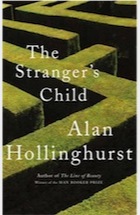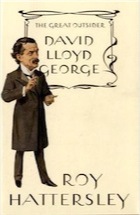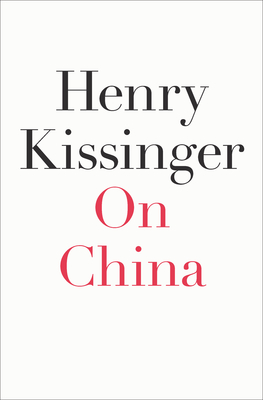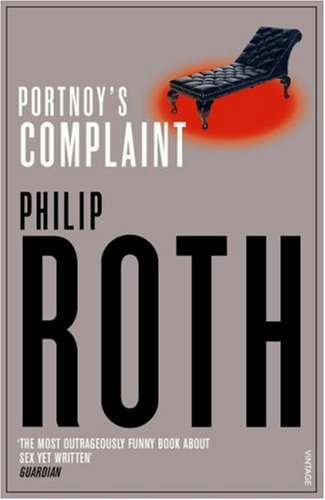Half-Blood Blues by Esi Edugyan (Thomas Allen 2011)
This is a story of the death of jazz at the dawn of Nazism in Germany. The name 'Half-Blood Blues' takes its inspiration from the book's hero and a jazz legend in the making Hieronymous 'Hiero' Falk is just nineteen when he starts playing with the 'Hot Time Swingers' alongside Charles 'Chip Jones and Sidney 'Sid' Griffiths, the narrator of the tale. The son of a German woman and a French African brought in to marshal the Rheinland after that part of Germany was ceded to France after the Treaty of Versailles. Hiero is a half-breed or 'mischling'.
The story is set both in the 1940s in Berlin and Paris as the Trio try to stay one step ahead of Hitler's ever advancing army but also in the 1990s in a newly reunited Germany at a concert in Hiero's honour. At the heart of the story is the secret Sid harbours as to how Hiero's fate was sealed.
I didn't expect to enjoy this book and it starts slowly but it is a tale that draws you in. Literary takes on music rarely seem to work but Edugyan is able to render the atmosphere of 1940s jazz, the language of the trio and banter between them feels authentic. The plot is a little weak to sustain the length and the potentially most interesting of the characters, Hiero, is the least well developed but by the end of the book they seem like minor complaints as is the rather random and quite pointless inclusion of Louis Armstrong who makes an appearance. A more major complaint on my behalf is that the list price for this trade paperback is $24.95 which seems like daylight robbery especially since the text is littered with typos and printing errors; if you're going to charge that much then at least earn it with some better proofreading. However I shall not hold the publisher's problems against the author.
4/5
Heuijung Hur: Failed Summer Vacation
2 weeks ago
























